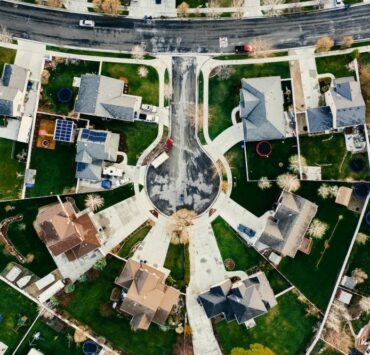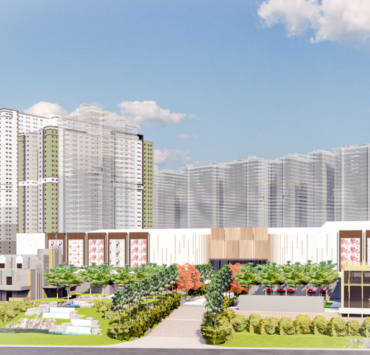Can illegally built structures be demolished without a court order?

In karaoke, you don’t choose the song,” said comedian Aisling Bea. “The song chooses you.”
But, no matter how strong the call to sing becomes, try not to give in when it comes from an illegally built establishment for being a public disturbance.
In the recently Supreme Court-decided Spouses Calimlim v. Spouses Goño, respondents-spouses Efren and Rafaelita Goño (“Spouses Goño”) owned a beach resort, which petitioners-spouses Pablo and Patnubay Calimlim’s (“Spouses Calimlim”) business allegedly obstructed.
Spouses Calimlim operated informal structures along the shore and provided, among others, karaoke machines, billiard tables, and open-fire kitchens to tourists.
Spouses Goño’s guests complained about Spouses Calimlim’s operations, which had been producing too much noise and offensive odor, causing the improper disposal of human excrements. Also, the use of one of the makeshift stoves in the kitchens had resulted in an explosion. These incidents constrained these guests to never return to the beach resort, and Spouses Goño to demand Spouses Calimlim to remove their structures.
Spouses Calimlim refused to comply with Spouses Goño’s demand. They also failed to settle before the barangay chairperson, prompting Spouses Goño to file a complaint for abatement of nuisance, easement, and injunction before the Regional Trial Court (RTC).
The RTC dismissed the complaint, finding that, among others, Spouses Goño failed to prove that Spouses Calimlim’s structures had caused damage to, or intentionally and unreasonably interfere with, the beach resort.
Upon appeal, the Court of Appeals reversed and set aside the RTC’s decision and directed Spouses Calimlim to demolish their structures and vacate the premises. It held that Spouses Goño had exhausted the extrajudicial remedies available to them, and that Spouses Calimlim’s business had greatly inconvenienced the beach resort’s guests.
Spouses Calimlim then filed the instant appeal before the Supreme Court. They alleged here that, among others, the mere status of the area where they operated as public property did not immediately qualify its structures as public nuisance—that is, the proper subject of Spouses Goño’s complaint before the RTC.
The Supreme Court dismissed Spouses Calimlim’s appeal and affirmed the Court of Appeals’ findings. In so doing, it first referred to the legal concept of nuisance as one generally interfering with a citizen’s rights, either in person or on his property, the enjoyment of this property, his comfort.
Nuisance is public when it unreasonably interferes with a right shared by the public by encroaching upon public property or causing a common injury. Meanwhile, nuisances not falling within the scope of the definition of a public nuisance are considered private and thus, only violate private rights and cause damage to one or a few persons.
Remedies to abate or demolish a nuisance depend on whether it is per se or per accidens. Thus, a nuisance per se, which affects the immediate safety of persons and property, may be summarily abated as may be legally necessary.
Meanwhile, the nature of a nuisance per accidens depends on certain circumstances and therefore, may only be abated upon due hearing before the proper court.
In earlier cases, the Supreme Court has classified as public nuisances and nuisances per se houses constructed along public streets and waterways without the proper governmental authority, as well as a large hog farm located near residential areas.
Meanwhile, foreshore land, such as where Spouses Calimlim’s structures may be found, may only be used upon complying with certain conditions set by law. This means that a qualified person will need to apply before, and execute a foreshore lease agreement with, the Department of Environment and Natural Resources (DENR).
In this case, Spouses Calimlim’s structures qualify as a public nuisance and nuisance per se that may be summarily abated or demolished. They were not authorized to occupy, develop, utilize, or manage the area where these structures stood since they were neither the subject of any such agreement with the DENR nor the subject of the necessary building permit.
Moreover, as earlier shown, they operated their business in a manner hazardous and injurious to Spouses Goño, their guests, and people staying in the adjacent establishments.



















